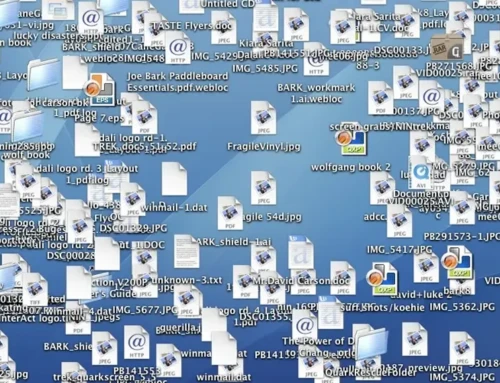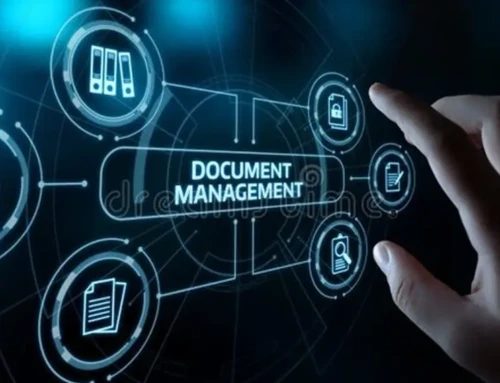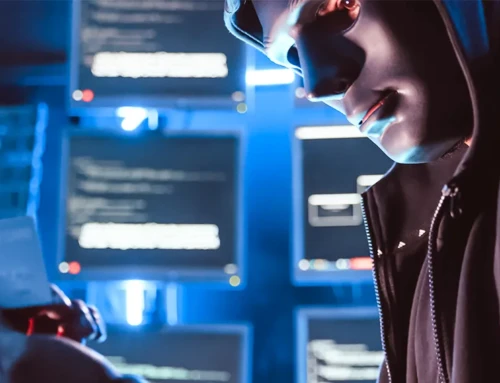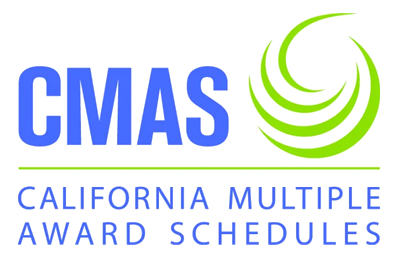What Do the new California E-Discovery Rules Mean for the Practitioner?
The reality is that the new California E-Discovery Rules change very little about what is discoverable. Electronic evidence has always been subject to discovery. However, the change to the rules [citation] does highlight the additional responsibilities incumbent upon practitioners, both litigation and business advisors. And, if the glassy-eyed looks of lawyers attending the California State Bar convention in San Diego earlier this fall were any indication, there are a lot of practitioners who have a lot to learn in this area. All of the classes discussing E-Discovery Rules or E-evidence were well attended but many of the attendees looked mystified. They may well have been hearing terms like meta-data for the first time and certainly cloud computing had never crossed their desks.
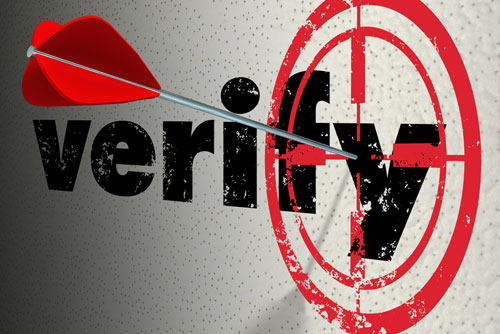
The Bar sent a clear message that lawyers must be competent in these areas as so much of their opposing parties and client data is electronic. Lawyers must be versed in the rudiments of how information is stored and what the risks are to their clients in order to properly advise them on how to respond to discovery or how to retain critical business records.
As a business lawyer, what should you tell a client who informs you that the corporate minutes and formalities are maintained on a network computer that everyone in the office has access to? If the accuracy and trustworthiness of those documents were at issue, could you client demonstrate the appropriate foundation given the lax approach to the records. Think it might not be an issue in the real world. In one federal court case, an executive electronically backdated the approval of his bonus so that he could get paid that year. Although, the Board had in fact approved the bonus, the timing was an issue so the enterprising executive fixed the records to appear as if the authorization was timely.
As a litigator, you need to know where your client could possibly be storing electronic records. Does your client allow employees to keep company records on personal computers at home? On Blackberry devices? What about voice mail — is it digital and recorded somewhere? Did the client search all of those potential areas before responding to the discovery request. Although it is the client signing the declaration under penalty of perjury, the lawyer will want to be sure there are no surprises waiting during the litigation.


